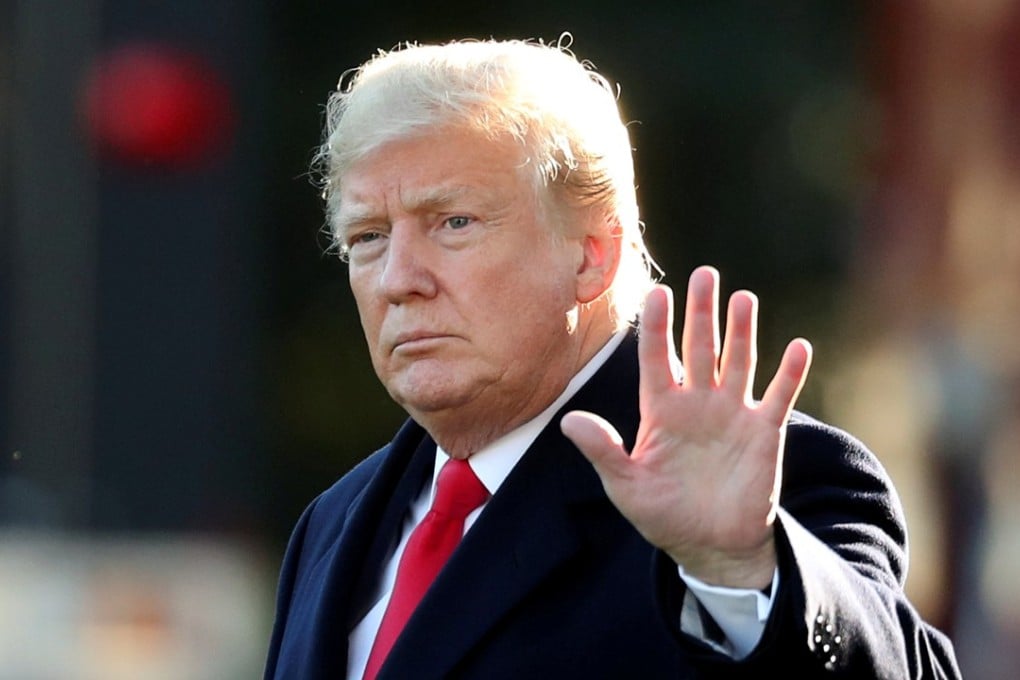Advertisement
Opinion | US political realities mean Donald Trump’s trade war with China won’t last – and maybe neither will he
- Anson Au says Donald Trump and the Republican Party are likely to be given a rebuke in the midterm elections, and trade war fallout may doom his reelection
- Multiple internal political pressures mean that the trade war is unlikely to persist too far beyond the midterms, Au says
4-MIN READ4-MIN

The trade war between China and the United States has dominated headlines for months. The most recent in a string of disastrous public relations events was US Vice-President Mike Pence’s call for open competition and an end to cooperation with China at all levels, sparking fear and furore among Chinese living in the US and spectators abroad.
In his highly mercantilist speech, he claimed that China's economy had grown at the expense of the US’, further justifying the trade war. But the trade war itself won’t last as long as some pundits have forecast.
Its continuity depends on President Donald Trump’s brand of Republicanism remaining in power, but the Republicans are losing traction in Congress.
Advertisement
The midterm elections are coming, in early November, when the full 435-seat House of Representatives will be up for grabs, along with 33 Senate seats.
And, historically, midterms are bad for US presidents. It’s a time when the euphoria from presidential campaigns has wound down, with promises and expectations inevitably unfulfilled.
Trump in fresh media blitz as midterm elections loom
Advertisement
Select Voice
Select Speed
1.00x
